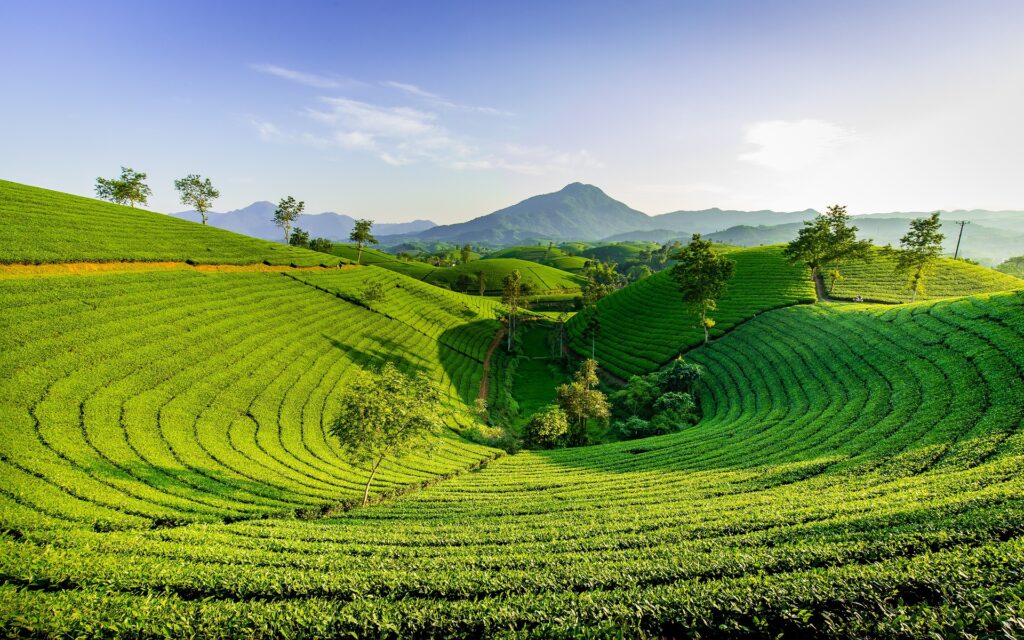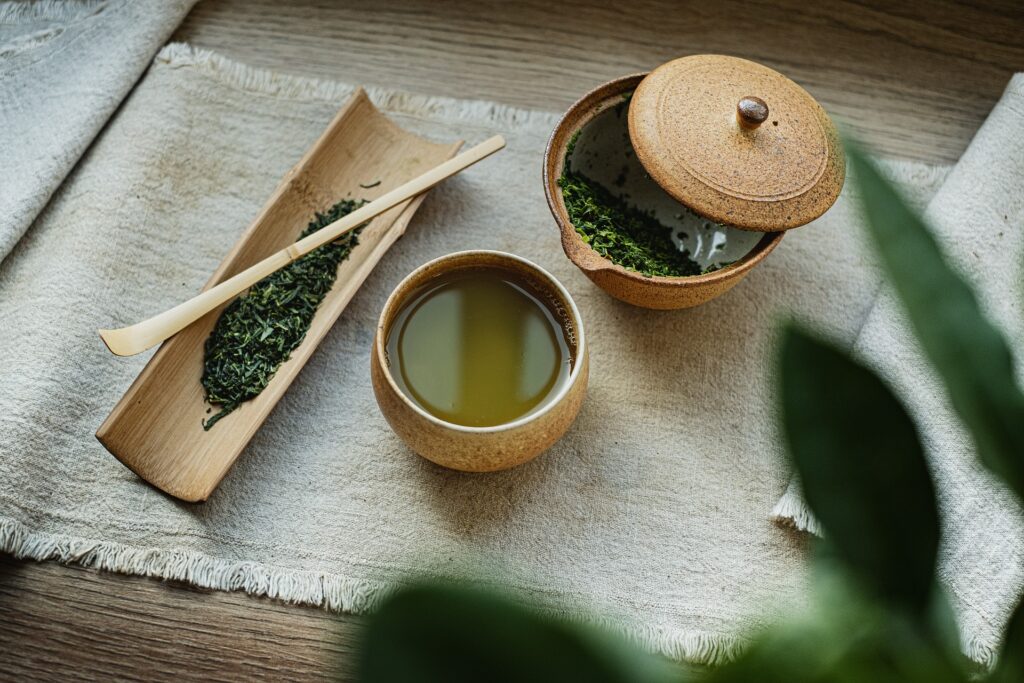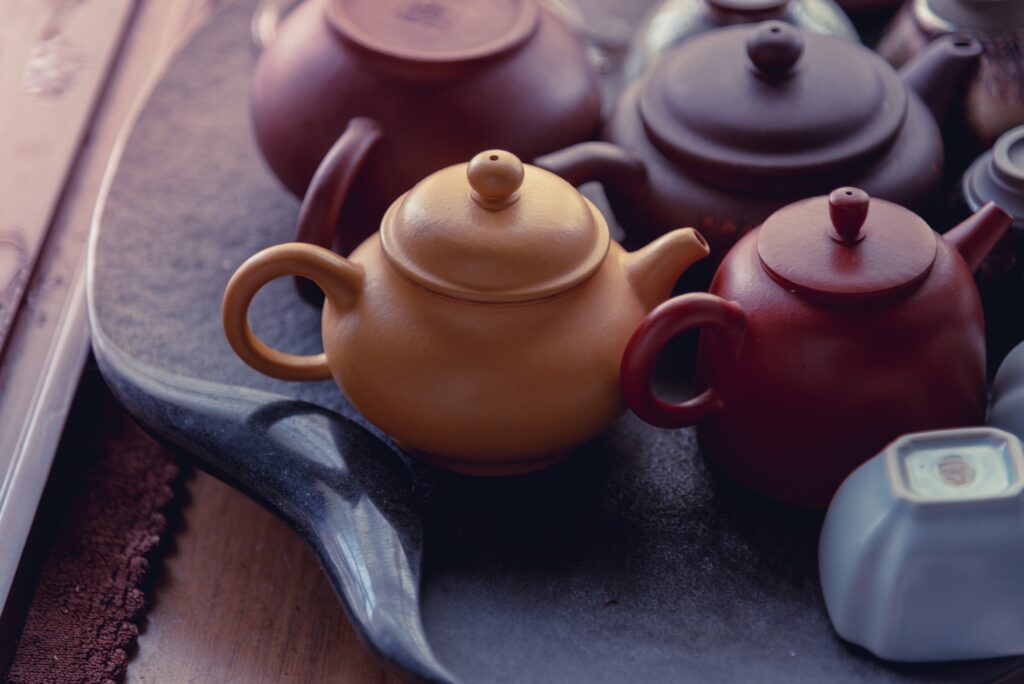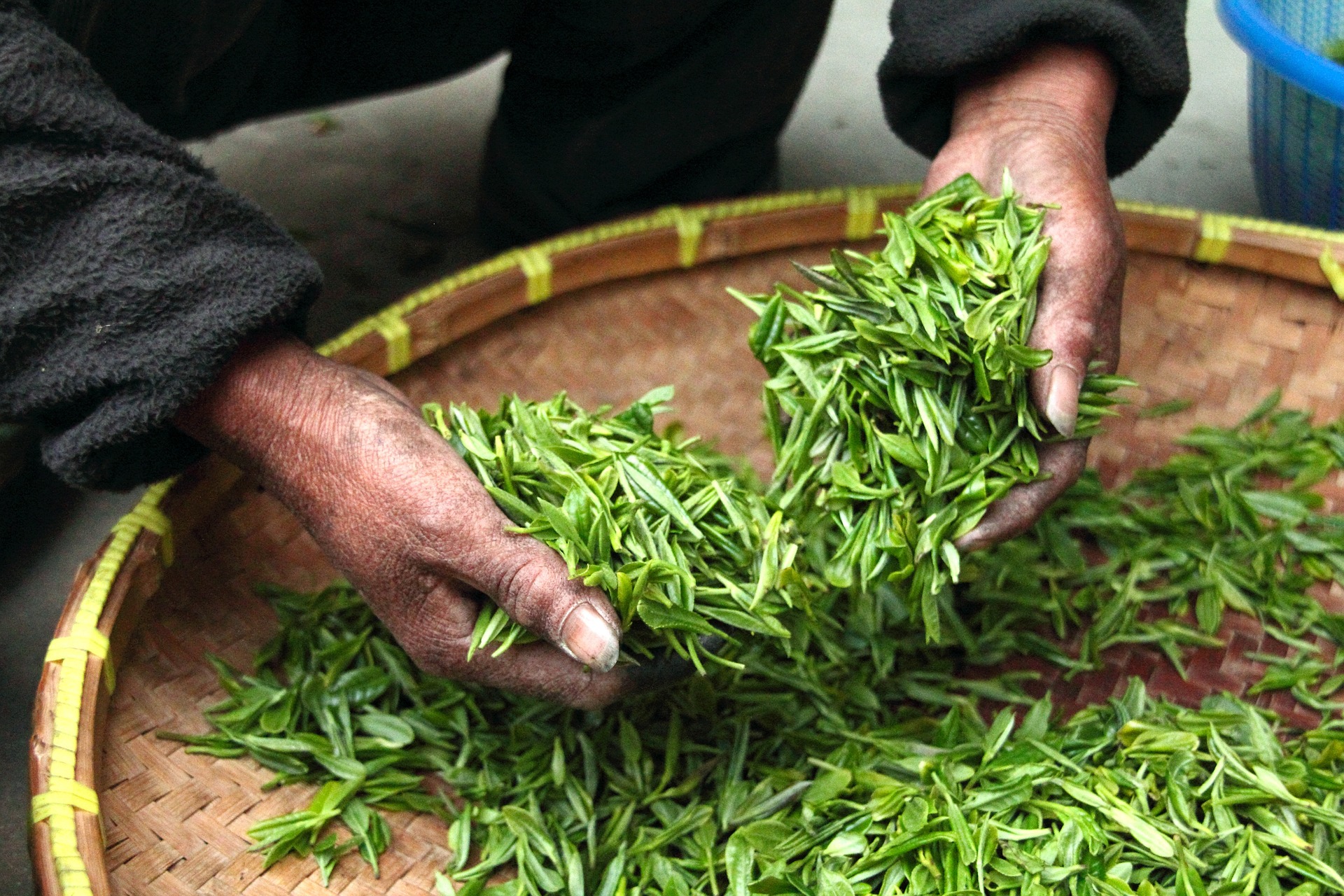Tea, a quintessential beverage globally renowned for its taste, aroma, and cultural significance, traces its origins back to ancient China. The history of tea in China is a rich tapestry woven with legends, cultural rituals, and centuries of cultivation. This article delves into the historical journey of tea, exploring its evolution, cultural impact, and modern-day relevance.
Table of Contents

1. Introduction to Tea in China
China stands as the birthplace of tea, where its consumption and cultivation date back thousands of years. The beverage holds an esteemed position in Chinese culture, symbolizing harmony, tranquility, and refinement.
2. Early Origins of Tea in China
2.1 Legendary Discovery of Tea
In history of tea in China, folklore narrates the serendipitous discovery of tea by Emperor Shen Nong in 2737 BCE. Legend has it that leaves from a wild tea tree blew into a pot of boiling water, resulting in a delightful and invigorating infusion.
2.2 Historical References of Tea in Ancient China
The history of tea in China records from the Zhou Dynasty (1046–256 BCE) mention tea as a medicinal drink consumed for its healing properties. The Han Dynasty (206 BCE–220 CE) further solidified tea’s place in Chinese culture, heralding its transition from medicine to a popular beverage.
3. Development of Tea Cultivation and Consumption
Drinking of tea evolved significantly throughout in history of tea in China. From simple leaves brewed in hot water to the introduction of various tea varieties such as green, black, oolong, and white teas, the cultivation and preparation of tea became an art form.
3.1 Evolution of Tea Drinking
Chinese tea culture flourished during the Tang (618–907 CE) and Song (960–1279 CE) Dynasties. Tea became an integral part of social gatherings, leading to the creation of elaborate tea ceremonies and rituals.
3.2 Introduction of Tea Varieties
Throughout in history of tea in China, different regions has developed unique tea varieties, each renowned for its distinct flavors, aromas, and processing methods. For instance, the delicate Longjing tea from Hangzhou and the robust Pu-erh tea from Yunnan exemplify China’s diverse tea culture.

4. Influence of Tea in Chinese Culture and Society
4.1 Tea Ceremonies and Traditions
Tea ceremonies, steeped in tradition and elegance, became an essential aspect of Chinese culture. These rituals signify respect, hospitality, and harmony, emphasizing the value of sharing moments over a cup of tea.
4.2 Tea Serving as the Gesture of Love and Friendship
In Chinese society, offering tea symbolizes warmth and sincerity towards guests, embodying the essence of hospitality and respect. This gesture forms an integral part of social interactions and signifies appreciation.
5. Spread of Tea Culture beyond China
5.1 Tea’s Journey to Other Parts of the World
As trade routes expanded, tea made its way beyond Chinese borders, captivating the tastes of neighboring countries and eventually spreading across continents.
5.2 Impact on Global Tea Consumption
The introduction of tea to regions like Japan, India, and Europe led to the diversification of tea culture globally, each country adopting its unique tea customs and preferences.

6. Modernization and Commercialization of Chinese Tea Industry
6.1 Industrial Revolution in Tea Production
With passage of time, the simple history of tea in China has changed and also adopted technological advancements, traditional tea-making methods transformed, paving the way for mass production to meet the growing global demand.
6.2 Globalization’s Effect on Tea Market
The globalization of the tea industry introduced standardized practices and innovative packaging, reshaping how tea reaches consumers worldwide.
7. Contemporary Significance and Trends in Chinese Tea Industry
7.1 Innovation in Tea Processing Techniques
In the modern era, tea producers focus on innovative methods while preserving traditional craftsmanship to create unique tea flavors and experiences.
7.2 Sustainable Practices in Tea Farming
Awareness of environmental impact encourages sustainable farming practices, emphasizing organic cultivation and eco-friendly tea production.
Conclusion
The history of tea in China represents a captivating journey, from ancient folklore to global significance. Its evolution reflects not just a beverage, but a cultural symbol that continues to thrive in the modern era.
Unique FAQs on the History of Tea in China
- What is the history of tea in China?
- The legendary discovery of tea dates back to Emperor Shen Nong in 2737 BCE.
- What role did tea play in ancient Chinese societies?
- Initially used for medicinal purposes, tea gradually became a popular beverage associated with social interactions and ceremonies.
- How did tea spread beyond China?
- Tea’s expansion beyond China was facilitated by trade routes, captivating the tastes of neighboring countries and eventually reaching global markets.
- What is the significance of tea ceremonies in Chinese culture?
- Tea ceremonies symbolize respect, hospitality, and harmony, embodying cultural values and traditions.
- How has the modern tea industry in China evolved?
- The modern tea industry emphasizes innovation, sustainability, and global outreach while preserving traditional craftsmanship.

